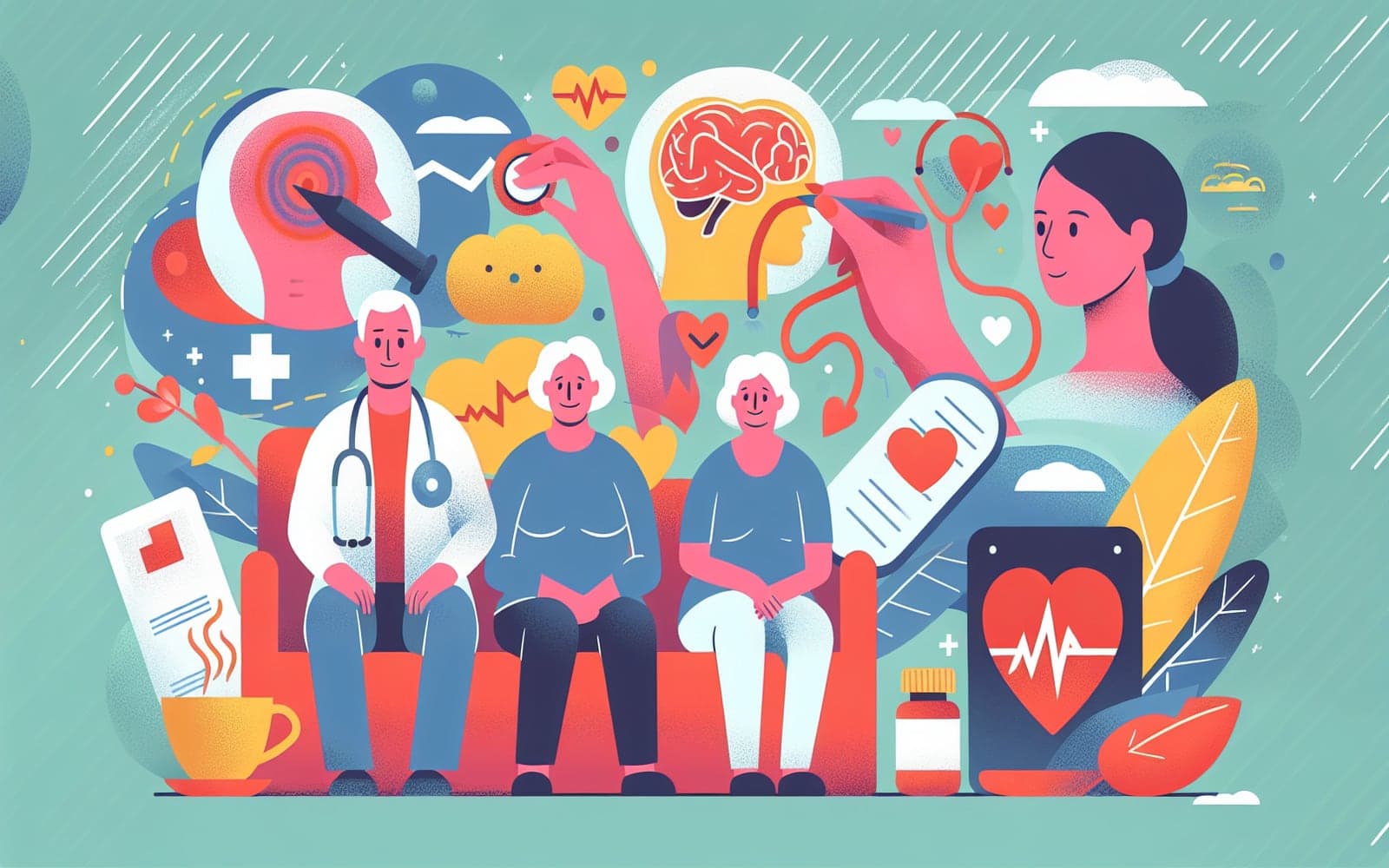How to Prevent Complications After a Stroke!
How to Prevent Complications After a Stroke!
Why It Matters
After a stroke, preventing complications is just as important as the initial treatment. Learn the steps you can take to avoid further health issues.
Contents
- Understanding Stroke Complications
- Preventive Measures
- Role of Rehabilitation
Understanding Stroke Complications
A stroke can lead to several complications, including pneumonia, urinary tract infections, and deep vein thrombosis. These occur due to the body's weakened state and immobility after a stroke. Addressing these early can significantly improve recovery outcomes.
Preventive Measures
Preventive strategies focus on maintaining good hygiene, monitoring vital signs, and ensuring proper nutrition. For instance, ensuring the patient is hydrated and regularly repositioned can prevent sores and infections. Early mobilization, where possible, is also crucial.

Role of Rehabilitation
Rehabilitation plays a key role in preventing complications and promoting recovery. Physical therapy helps regain strength and mobility, while speech therapy addresses communication challenges. A coordinated approach ensures a holistic recovery.
FAQs
What are common complications after a stroke?
Pneumonia, infections, and blood clots are common complications.
How can complications be prevented?
Good hygiene, proper nutrition, and early mobilization are key preventive measures.
Why is rehabilitation important?
Rehabilitation aids in recovery and prevents further complications.
Can physical therapy help after a stroke?
Yes, it helps regain strength and mobility.
Wrapping Up
Preventing complications after a stroke is crucial for a better recovery journey.
Additional References
- Chamorro Á, et al. The future of neuroprotection in stroke.
- Langhorne P, et al. Very early versus delayed mobilisation after stroke.
This article has been reviewed for accuracy by one of the licensed medical doctors working for Doctronic.











